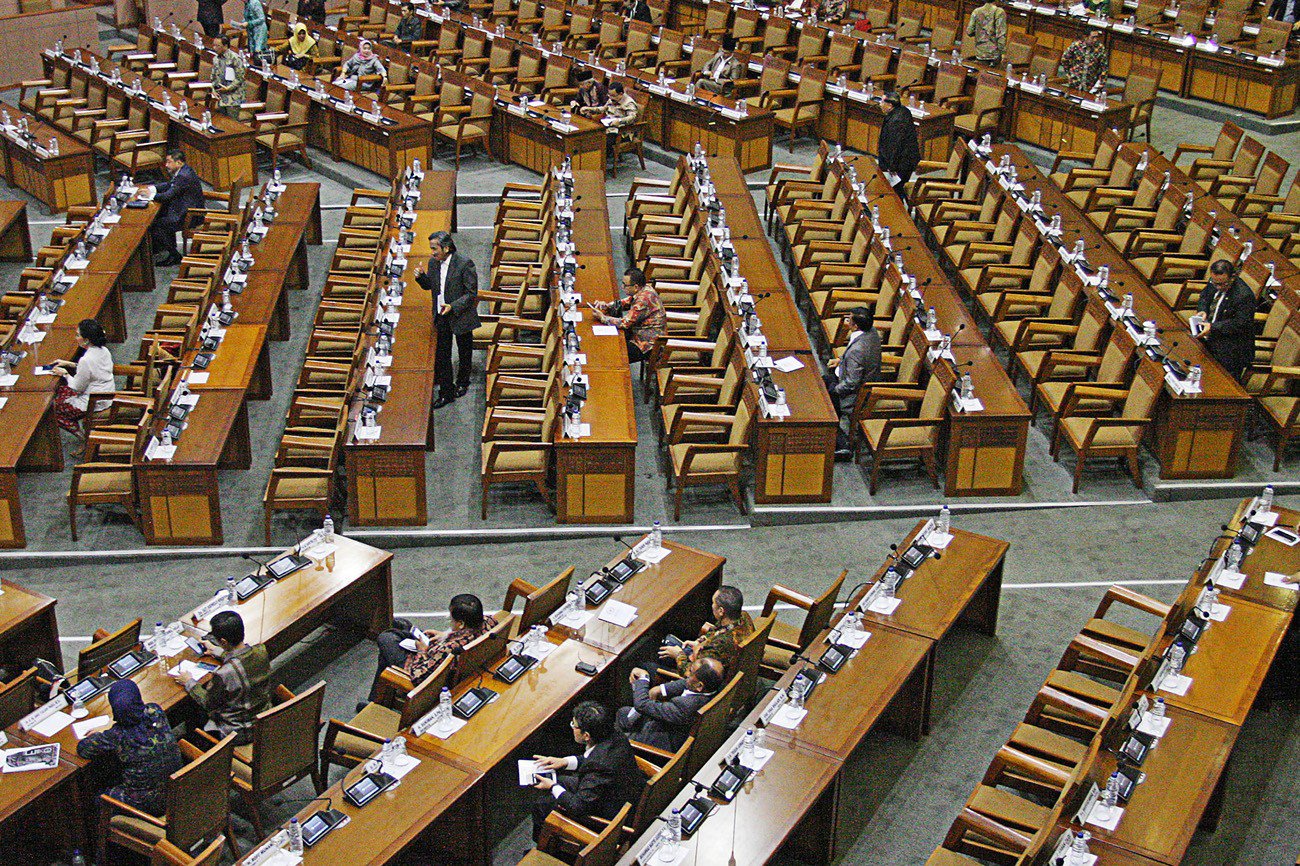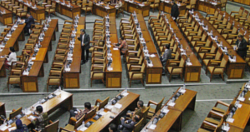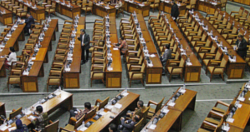This article originally appeared on Jakarta Post.

In the lead up to International Women’s Day, celebrated on March 8, there have been several discourses revolving around the issue of gender equality.
When we talk about gender equality in Indonesia, women’s participation in politics is an issue that is too crucial to be overlooked.
In the past, I have attended a number of discussion panels on gender equality, particularly in international forums, including one that was led by Sheryl Sandberg. In my opinion, the way most of these panels discuss gender equality is usually skewed toward Western culture and values – something I have not always been able to relate to.
The gender pay gap, for example, is one of the issues that surfaces most frequently. However, I personally have not had direct experience of this challenge, even though I have worked full time in a business. In fact, the company I worked for employed many women not only in managerial positions but also in the executive, or C, level.
Rather than women’s participation in the boardroom, I am more concerned with what happens to women in the streets, public spaces and homes. To me, the objectification of women, the misogynistic point of view, sexual and domestic abuse pose a stronger threat to women in Indonesia than issues that are more frequently discussed in the West.
Nevertheless, I realize that it would be more difficult for us to properly fight against these issues if women’s participation in politics and policymaking remained at the current level. Marching on the streets, setting up helplines and social media campaigns may not be powerful enough to create systemic change. We also urgently need to increase the level of women’s participation in politics in the coming years.
Last year, I had firsthand experience witnessing the shortage of female participation in politics. I was running for presidential candidacy in the Indonesian Students Association in the United Kingdom (PPI UK). The association was established in London in the 1970s and has been growing in recent years after more scholarships have become available to Indonesian students wanting to study in the UK.
During my campaign, I reviewed the past leadership teams, tracing back 10 years, only to find that there had never been a female president of the association. I could not even find one running for candidacy. Further, out of the 36 city/university chapters of the association, only four were led by women.
As being involved in PPI can be an exercise for those wanting to sharpen their political skills and pursue a political career in the future, this phenomenon mirrors the state of women’s participation in Indonesian politics. At the moment, even though around half of the Indonesian population is female, we only make up around 17 percent of the House of Representatives (DPR). The figure is even more worrying in district leadership candidacy, where only 7 percent of the 1,654 candidates are women. Every political party is required to have women make up at least 30 percent of its members. Apparently, this policy has not been able to facilitate bringing more women into political leadership positions.
I have met many highly qualified women who fill non-leadership posts. Sometimes, not because they are not allowed, but simply because they choose not to seize the opportunities. In the case of PPI UK, the percentage of women applying to be part of the committee is higher than men. Nevertheless, very few of them opt to be considered for leadership positions. I truly believe that this does not mean that we, women, cannot do it. Perhaps, some of us have not been brave or confident enough to step up and assume leadership positions in the community.
In the spirit of International Women’s Day, I hereby urge women, including myself, to dare to break more boundaries. There are already plenty of inspiring female entrepreneurs, artists and activists – we need more of us to be involved in politics to turnaround the status quo. We need more women to fight for women’s issues in the House, DPR, or even smaller organizations. We can do this not only by urging institutions to provide more opportunities for women but also by encouraging other women to strive for leadership positions.
First and foremost, as women, we should try to seize leadership opportunities and dare to run for office. Not only to lead in the boardroom, but also win on the ballot. Second, whenever possible, we should mentor younger women and girls to support and assist them in fulfilling their aspirations, as well as encouraging them to dare to have bigger ambitions. Third, we need to be role models for young girls who in the past did not dare to dream of the big things they could achieve.
Before we ask others to provide more opportunities for women, we can start by seizing them and setting our own examples.
Alanda Kariza is a One Young World Ambassador from Indonesia, and is the president of the Indonesian Students Association in the UK. She is director of Sinergi Muda, a social enterprise known for its Indonesian Youth Conference program.


